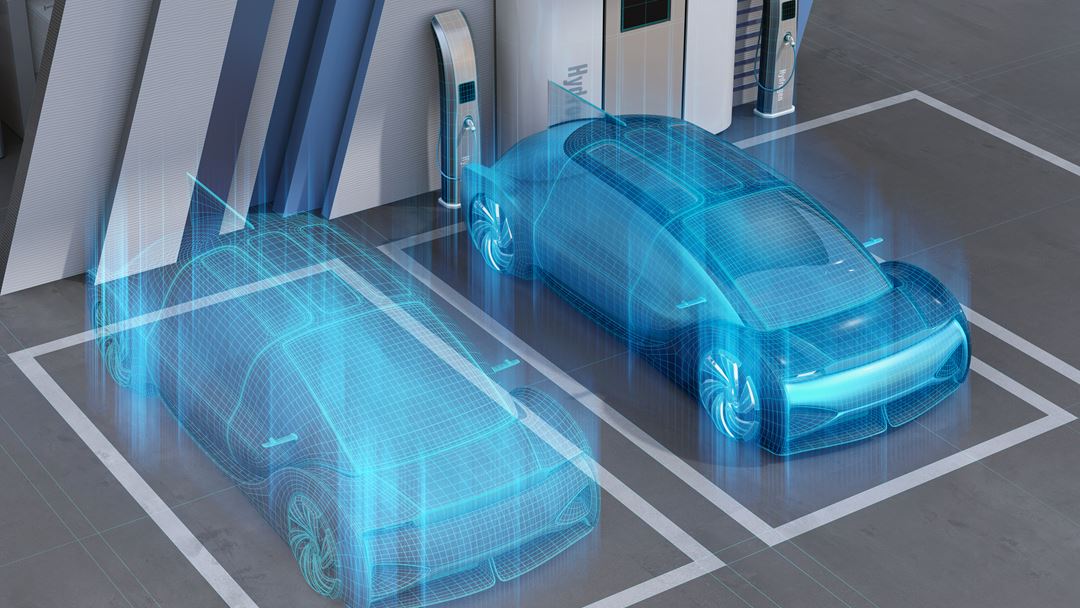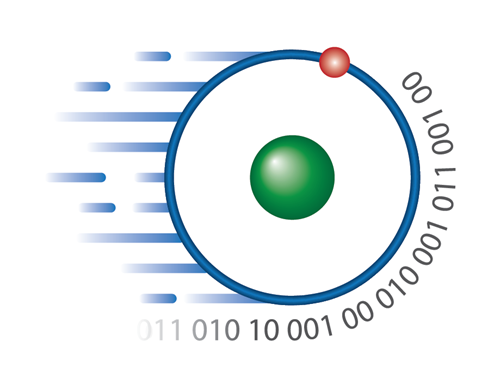Official release: Open Source Platform
VIRTUAL-FCS launches the first fully open source platform to design hybrid fuel cell and battery systems - April 22, 2021

BELFORT, April 22, 2021 - For Earth Day 2021, The Virtual-FCS project consortium is announcing the official launch of its open-source platform for hybrid fuel cell and battery systems simulation.
The Virtual-FCS project is a Fuel Cells- and Hydrogen Joint Undertaking (FCHJU) project that aims at making the design process of hybrid fuel cell and battery systems easier, cheaper and quicker.
The EU Virtual-FCS project will develop a fully open-source software-hardware (cyber-physical) tool that can be adopted as a global standard for fuel cell system design. It enables any system integrator, with limited fuel cell experience, to rapidly design and optimize a fuel cell battery hybrid powertrain for varied applications: heavy and light duty vehicles, maritime and rail applications.
-The consortium will ensure free access to the platform for all interested parties, including industry, academics, and SMEs, says Kyrre Sundseth, research manager at SINTEF, Norway, and coordinator of the Virtual-FCS project, This will allow to continue to develop, use and customize the platform both during and beyond the end of the project.
The first release features a Modelica library for modelling hybrid fuel cell and battery systems. The library contains models for proton exchange membrane fuel cells (PEMFCs), lithium-ion batteries, and associated balance of plant components. The library can be used to build tailored models of fuel cell power systems and combined with existing or user-defined vehicle profiles to simulate the performance of the system under different conditions. The library comes pre-programmed with example vehicle profiles and standard drive cycles (NEDC and WLTC). The VirtualFCS library is available for download on GitHub and can be used together with the free modelling environment OpenModelica.
The platform will be continuously updated. In practice, a new public release of code is foreseen every 3 months accompanied by full documentation so that it can be used and developed by the wider fuel cell community. Explanatory webinars and blog posts will accompany every release of new code, explaining both the science and engineering behind the new features and detailing how to practically implement and use the platform.
Besides, a forum will be set in order to allow a two-ways exchange between the consortium and the platform users on best practicing and harmonization of the models and algorithms with the final aim to optimize hybrid fuel cell system architecture and power management.
One year after the official launch of the platform, the consortium will organize a training workshop where the focus will be on practical use of the developed platform.
CONTACT
Coordinator: SUNDSETH, Kyrre, e-mail:
Communication Manager: YOUSFI STEINER, Nadia, e-mail:
